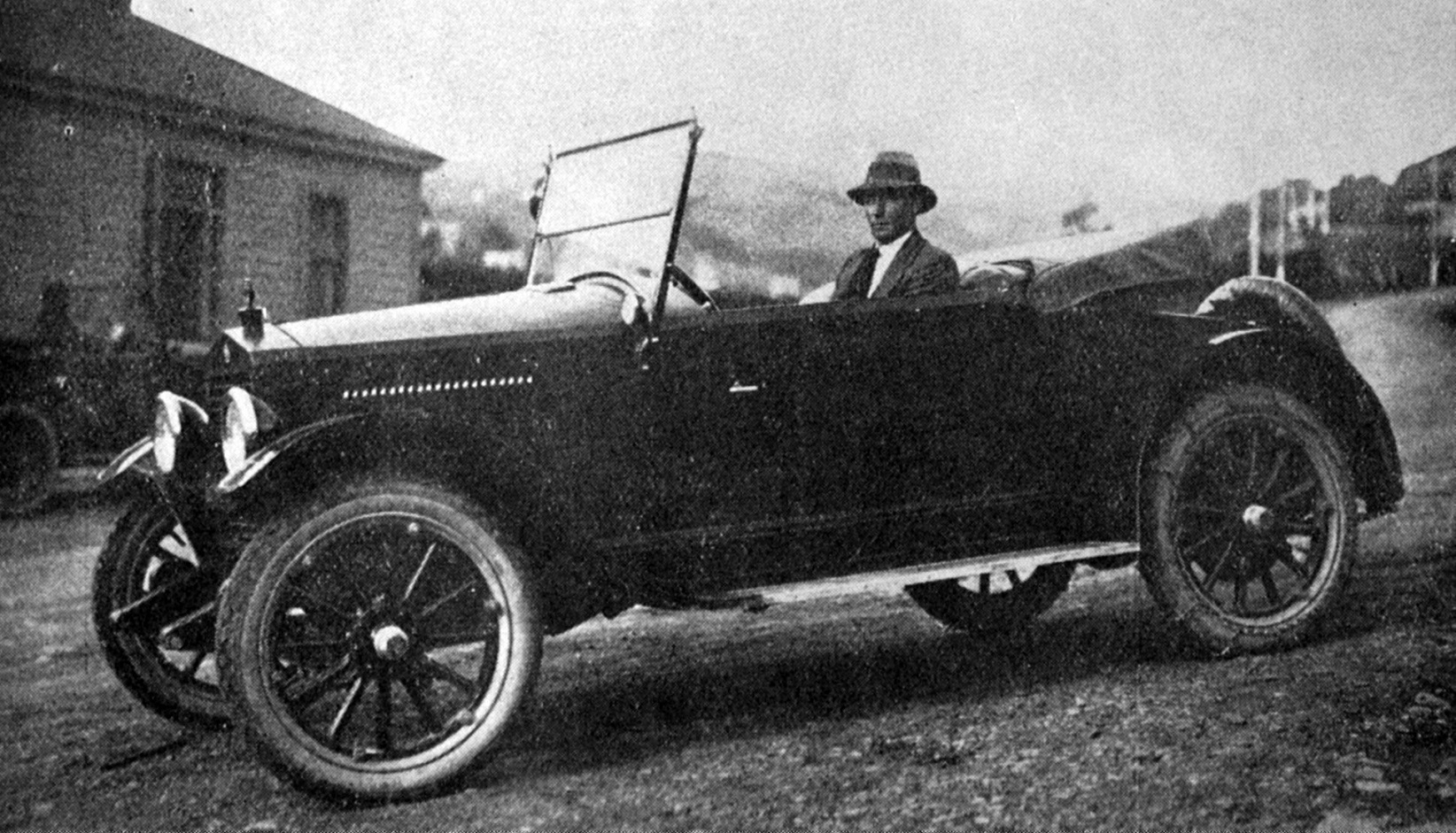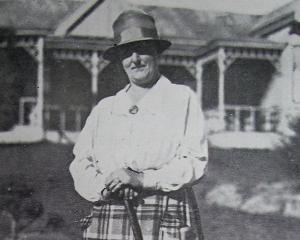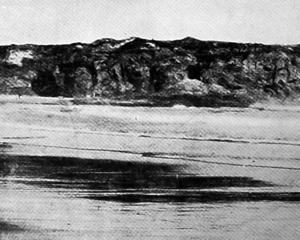
price and the added 10 per cent statutory tax. A third primage tax of 1 per cent. A fourth fixed tax of £7 10 shillings on a roadster, £15 on a five-seater car, and £22 10s on a fixed-top car. This clever combination of fixed taxation represents a Government levy of £100 10s on an ordinary touring car sold by the manufacturers in America at £300. Taking a moderately-priced vehicle sold by the manufacturers at £300, this will represent to the owner an annual tax of more than £20 per annum paid in advance for five years. The foregoing does not include the special tax upon motor tyres of 28 per cent, out of which 25 per cent is set aside for road improvements. The discussion revealed the fact that motorists are thoroughly aroused at the prospect of additional
taxation.
Birth control or eugenics?
The discussions of the delegates to the International Birth Control Conference, meeting in London, have been characterised by a frankness that will doubtless shock a good many people. The President (Dr Drysdale) declares that the whole world is ready for the doctrine of birth control. It may be so. But there is no evidence of it. There is not much opportunity of judging. Birth control is one of those questions that are not usually discussed in polite society. The discussion of it cannot go far without raising the general question of the health of the nation. Earl Fortescue, speaking as president of the recent annual conference of the Royal Institute of Public Health, observed that what seemed to be one of the greatest needs of the nation was the raising of the general standard of health and physique. There was a doubt, he suggested, whether all the energy and expenditure of nursing, and other associations had been wisely directed, and whether, instead of improving the general average of the health of the people, they had not in some respects lowered it "by keeping alive sickly babies, ricketty youths and young women, clever often, but physically deplorable, who, instead of dying, as in the old days, before they can do any harm, had now, thanks to the fatherly care of the State, lived just long enough to marry and to beget offspring full of hereditary taints and weaknesses."
German dye industry a threat
War is ruthless. It destroys illusions and agreements as well as cities. The Washington resolutions have not prevented Marshal Foch from expressing in a preface to a translation of Major Victor Lefebure’s book "The Riddle of the Rhine" — the opinion that future wars will be largely decided by chemical strategy. Marshal Foch has suggested that the danger of gas raids, during which thousands of aeroplanes would spread death far from the actual battle line, demands serious consideration. Major Lefebure, a chemist, has elaborated the view that the German dye industry, constituting a great chemical monopoly, is a potential centre of serious menace. — ODT, 24.7.1922













